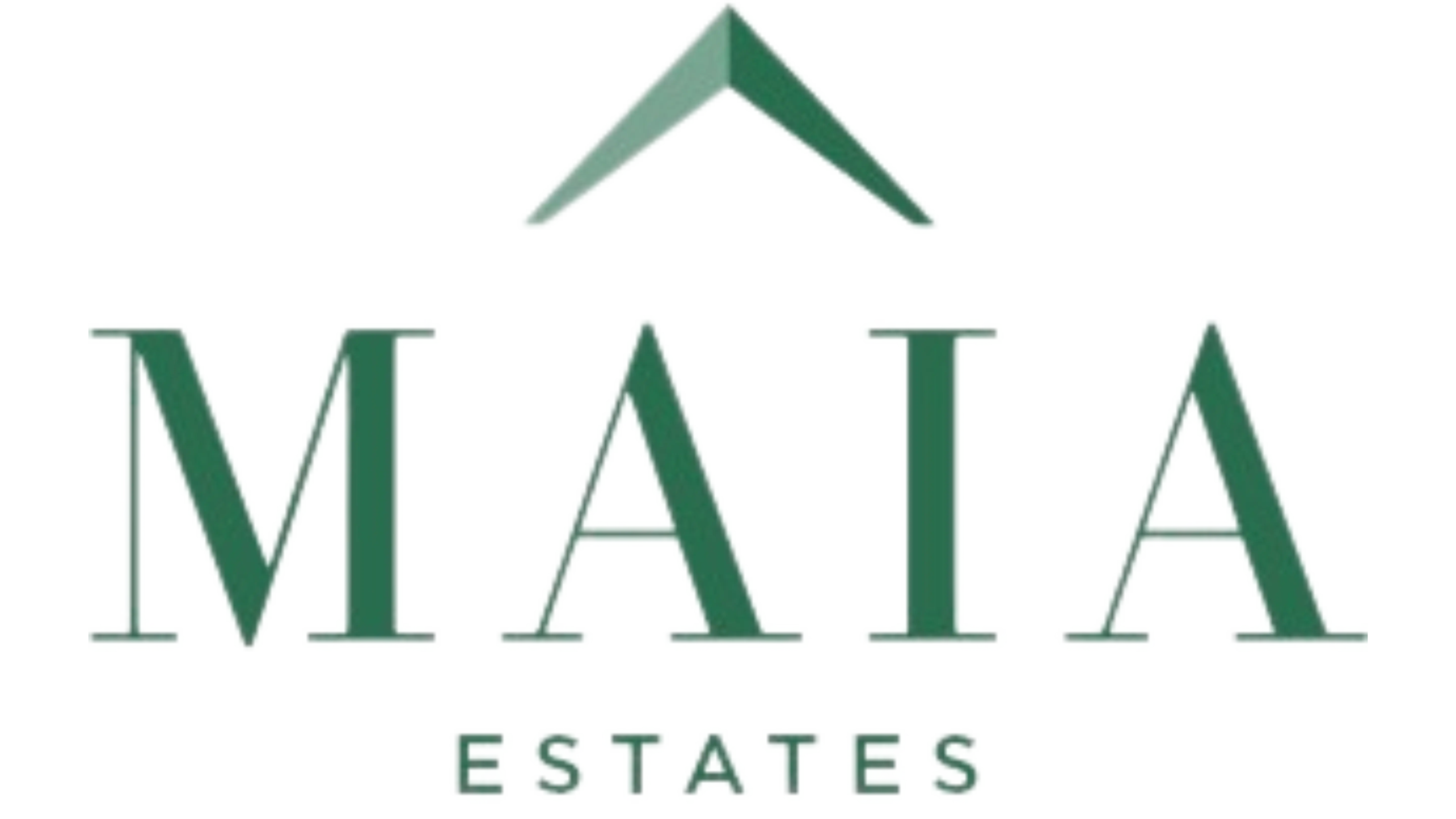The construction industry in India plays a vital role in the nation’s economic growth. However, it faces a significant challenge of water scarcity. In cities like Bengaluru, Delhi, and Hyderabad, with the growing population and an increasingly urban landscape, the demand for water is outpacing supply. Addressing this issue necessitates a paradigm shift towards water-efficient practices. Let’s have a look at various strategies for reducing water consumption during construction, while promoting resource sustainability and environmental responsibility.
Rainwater harvesting:
In 2019, the NITI Aayog report highlighted a staggering reality that nearly 600 million individuals in India grapple with water scarcity. Addressing this pressing issue, the integration of rainwater harvesting systems into building designs emerges as a sustainable solution. Rainwater collected from rooftops can be stored in tanks for up to 45 days and treated for use in flushing toilets, watering landscape, and other non-potable applications. This method not only reduces water consumption but also helps manage stormwater runoff.
Water-saving fixtures:
The use of low-flow faucets, showerheads, and toilets can cut water usage by 50 per cent, without sacrificing functionality. Furthermore, water-saving fixtures aid in decreasing energy expenses related to water heating.
Real-time monitoring:
Implementing real-time water monitoring systems provides crucial data on water usage patterns and potential leaks. This empowers construction managers and operational buildings to identify areas for improvement and optimise water consumption. Additionally, monitoring water quality ensures that reused water meets the required standards for specific applications.
Black and grey water recycling:
These are essential for sustainable development, ensuring efficient water usage within developments. By treating and repurposing wastewater from sinks, showers, and appliances (grey water) along with toilet waste (black water), these systems significantly reduce water consumption. Implementation of such systems can lead to a 70 per cent decrease in reliance on municipal water supplies, promoting water conservation. Additionally, these systems contribute to substantial savings on water bills, making them not only environmentally friendly, but also economically beneficial for developments and households alike.
Sustainable building design:
Water efficiency should be considered from the onset of the project. Implementing Sustainable Drainage Systems (SuDS) can manage rainwater runoff on-site, reducing the burden on storm drains and potentially providing a source for irrigation.
Water scarcity is a growing concern that demands immediate action. The Indian construction industry can play a critical role in promoting water conservation by adopting innovative strategies. Implementing simple measures like reducing waste, embracing water reuse, and integrating sustainable technologies like rainwater harvesting and zero water discharge architecture can significantly reduce water consumption. By adopting these practices, the industry can promote a more sustainable future and ensure responsible management of resources.
– The author is the founder and CEO of a developer company
– The views of the author in this article are personal and do not constitute professional advice of Times Property


